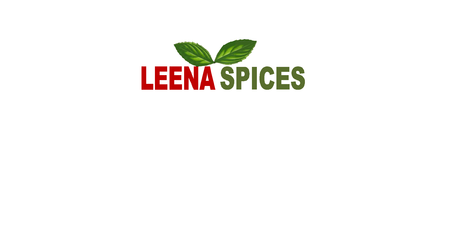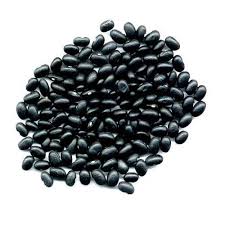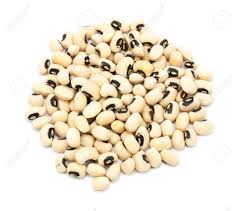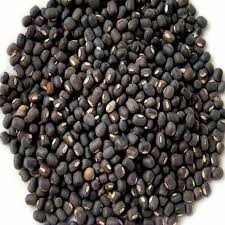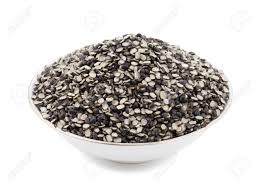
Leena Spices
FAVA BEANS
Fava Beans – The Broad Beans
Fava Beans, commonly known as broad beans, have been cultivated since at least 6000 BCE, making them among the oldest legumes ever grown.
Fava beans may now be found in dishes from all over the world, including Asian, Middle Eastern, European, Latin American, and African. Raw, cooked, or dried, fresh fava beans may be used in salads, stews, sauces, fillers, and snacks.
Scientific Properties
Common names: faba bean, broad bean, java bean
Botanical names: Vicia faba
Kingdom: Plantae
Family: Legumes
Origin: Asia Minor and Mediterranean region
Specie: Vicia faba
Background and Cultivation
They are one of the earliest cultivated plants. The fava bean was first cultivated between 6.800 and 6.500 BC. It is thought to have originated in Asia Minor and the Mediterranean region. Fava bean is now grown in more than 50 countries around the world.
Although the fava bean has been grown in numerous places, China produces 60% of the world's supply. Their sturdiness and capacity to withstand cold regions helped them to last as a crop. These beans thrive in a cold climate and on loamy, rich soil.
Culinary Uses
Fava beans are consumed worldwide, and you can use them in many ways. Fava beans may be used in various cuisines, whether dried or fresh.
Dried beans are perfect for Soup, stew, pasta, and falafel.
There are a variety of ways to prepare fresh beans. Raw or gently cooked may also be combined with other spring vegetables like artichokes and asparagus in a salad or pasta dish.
The fava bean has been used as a meat replacement and substitute for skim milk, among other uses.
Health Benefits
Almost a third of your daily protein requirements may be met by one cup of cooked fava beans. One of the essential components in your diet is protein.
The fiber content of fava beans is very high. As a nutrient that aids digestion, glucose regulation, and cholesterol absorption. Fiber is integral to a balanced diet.
These beans are also an excellent source of iron. Occasionally used as green manure, but more often as a source of protein for livestock.
It also contains folate, which supports Fetal growth.
Consuming fava beans regularly may help strengthen your immune system. In particular, they include antioxidant-enhancing chemicals.
Manganese and copper, two elements that may help prevent bone loss, are found in fava beans. According to studies, manganese and copper are also thought to be essential for bone strength.
Nutrient-densed fava beans may help keep your heart healthy.
Magnesium and potassium, in particular, have been shown to reduce blood pressure and relax the arteries.
Storage
You can keep unshelled beans in a plastic bag in the fridge for about 10 days. It's better to use small beans as soon as possible. However, 2 days in the fridge or a month in the freezer is the maximum storage time for shelled beans. Dried fava beans may be stored at room temperature for up to a year in an airtight container.
Customers also viewed
QUESTIONS & ANSWERS
Have a Question?
Be the first to ask a question about this.
